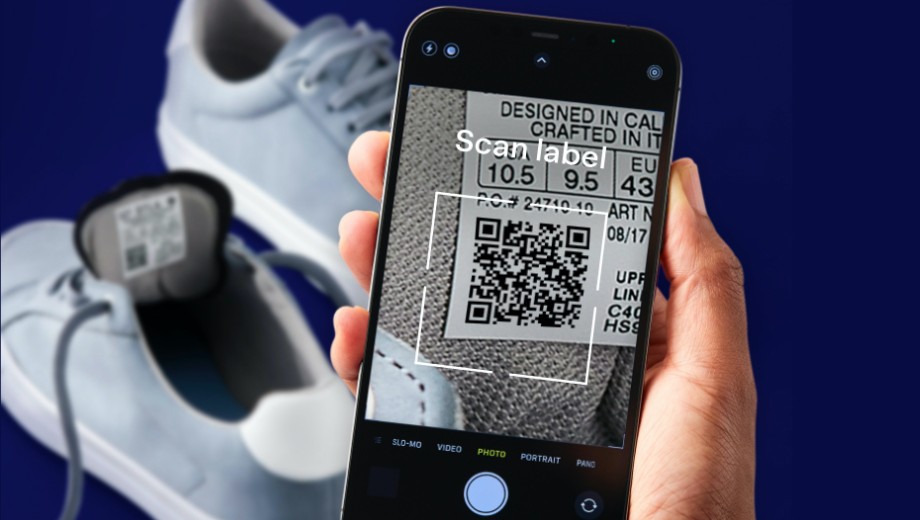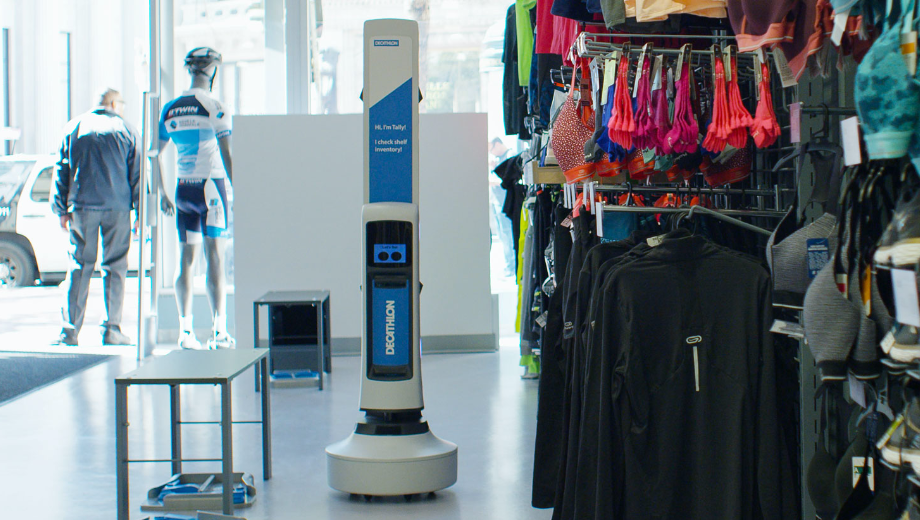A substrate thickness of 12 microns instead of 50 microns: that’s a game-changing difference when it comes to full-featured RAIN RFID (UHF) inlays for apparel manufacturers, brands and retailers.
With its new thinlay® delivery format, Smartrac has now enabled the creation of new end products such as hangtags or care labels that excel through convenient operation, top-notch print quality and superior wearing comfort. By reducing the thickness of the inlay substrate from the norm of 50 microns to an ultra-thin 12 microns, thinlay offers apparel manufacturers, brands and retailers much more flexibility when tagging products.
End products benefit from reduced inlay thickness
Hangtags for example, can now be made less visible and easier to deploy. By achieving more level surfaces, a better print quality is also attainable. Embedded in polyester satin or nylon taffeta apparel care labels, the reduced thickness of the newest thinlay delivery format probably offers its most important benefits, as the labels can be made much softer – to a degree where it is hard to tell whether there is an inlay embedded or not.
A new choice of ultra-thin Inlays for multiple applications
Smartrac’s Belt inlays – the products of choice for a wide array of applications, including global retail, industry and supply chain – are now available in Smartrac’s new thinlay® delivery format as a standard product.
Additional inlays like DogBone, Miniweb and Web are also avilable in this format on request. Though each product family has its strengths and capabilities, they all benefit from the substantial decrease in thickness made possible by Smartrac’s materials handling and manufacturing expertise, particularly when used in retail-related applications.
Complying with ARC standards
Yet the advantages of Smartrac’s new ultra-thin inlays do not come at the expense of reliability and operational convenience. Currently, the thinlay format is in final qualification at University of Auburn ARC program to meet all defined performance levels and making Belt, DogBone, Miniweb and Web the thinnest ARC-approved RAIN RFID inlays in the market. Auburn Radio Compliance Center (ARC) is a test system and database that stores performance data for currently available RFID tags. ARC has been working with retailers to translate RFID use cases into specific levels of performance in the ARC test environment, providing global benchmarks for RFID performance.
Starting with Monza R6, other ICs to follow
IC choice is also unaffected by the reduction in thickness. As a starting point, all thinlay inlays are available with Impinj’s Monza R6 chips. NXP’s UCODE 8 chips will follow soon, while in general, all ICs currently used in Belt, Dogbone, Miniweb and Web inlays could be delivered in the thinlay format. Delivery of Monza R6-based thinlay products will start in October 2018.
For further technical and shipping information on the thinlay format for Belt, DogBone, Miniweb and Web inlays, please contact our Sales & Customer Service Team.



